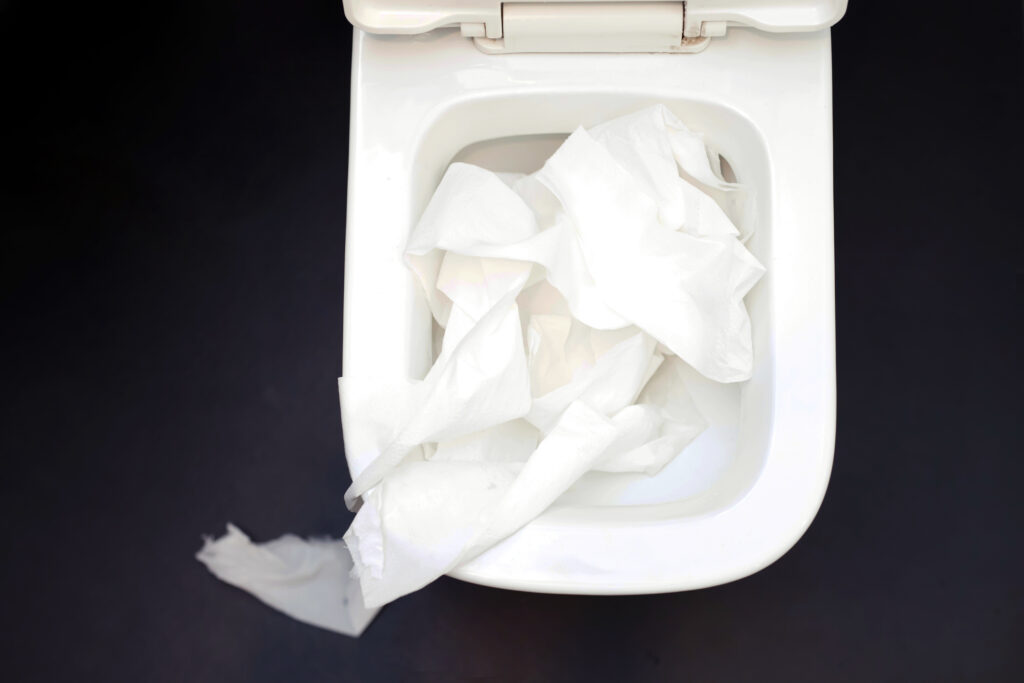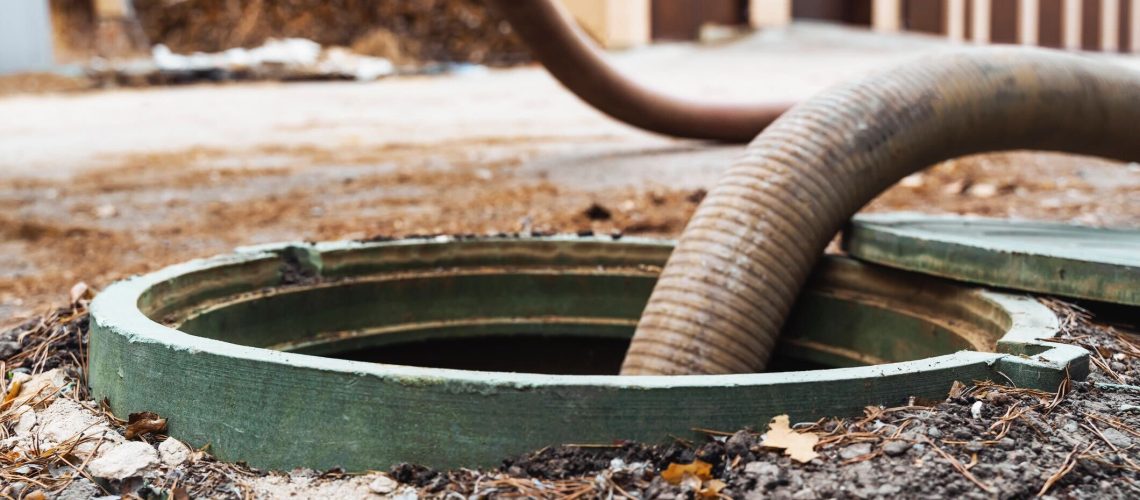Septic systems are an essential part of many homes, especially in rural areas. They manage wastewater, protect your property and the environment, and ensure the health and safety of your family. Proper maintenance is critical to keeping your septic system running smoothly, and knowing what to do (and not to do) can make a significant difference. We’ve put together this comprehensive guide, including a list of things not to put in a septic tank, what to put in a septic tank to break down solids and septic tank chemicals to avoid, to help you keep your system in tip-top shape!
DO's: How to Maintain Your Septic System
Schedule Regular Inspections and Pumpings
One of the most crucial aspects of septic system maintenance is regular inspections and pumpings. Most septic tanks need inspecting every 3-5 years, and pumping every 3-5 years, depending on tank size and household water usage. Regular maintenance helps prevent blockages and system failures, keeping everything flowing smoothly and frequently. Check with your local septic service professional to determine the right schedule for your home.
Use High-quality Toilet Paper
It might not seem like a big deal, but using high-quality toilet paper that breaks down easily can make a significant difference in your septic system. Look for toilet paper marked as “septic-safe” or “biodegradable” to help you keep your septic system free of clogs and functioning correctly.
Conserve Water
Reducing the amount of water that goes into your septic system can help extend its life, prevent overflows, and minimize the risk of damage. Implement water-saving habits like using high-efficiency fixtures, fixing leaks, and being mindful of your water usage in general.

DON'Ts: Things to Avoid for a Healthy Septic System
Don't Overload Your System
An overworked septic system can lead to both costly and ugly problems. Avoid pouring too much water into your system all at once by spacing out laundry loads, using low-flow fixtures, and minimizing water usage during periods of heavy rain.
Don't Put the Wrong Things Down the Drain
One of the most crucial rules for maintaining a healthy septic system is to keep a list of things not to put in septic tank. Avoid flushing non-biodegradable items such as diapers, wipes, and feminine hygiene products, which can cause significant clogs. Also, avoid pouring fats, oils, and grease down your kitchen sink, as they can solidify and clog your pipes.
Avoid Harsh Chemicals
Using septic-safe cleaning products is essential to avoid damaging the helpful bacteria in your septic tank. Septic tank chemicals to avoid include bleach, ammonia, and harsh drain cleaners. Opt for milder, environmentally friendly options that won’t harm your septic system.
What to Put in a Septic Tank to Break Down Solids
Adding a septic tank treatment, usually containing bacteria and enzymes, to your tank can help break down solids more efficiently. These treatments can be a helpful supplement to regular septic system maintenance, as they assist the tank’s natural processes. Make sure to follow the manufacturer’s instructions closely and never substitute septic tank treatments for necessary inspections and pumpings.
FAQs
Q: How often should I pump my septic tank?
A: A typical recommendation is to pump your septic tank every 3-5 years, depending on the size of your system and usage. This is a good rule of thumb for avoiding costly repairs or backups due to overflowing waste.
Q: What can I do if my septic system starts to back up?
A: If you’re experiencing signs of a backup, such as sewage in your yard or foul odors, contact a professional septic system service right away. They can assess the situation and help you repair any damage to keep your system running smoothly. Make sure to follow their instructions closely so that you don’t cause further harm to your septic tank.


